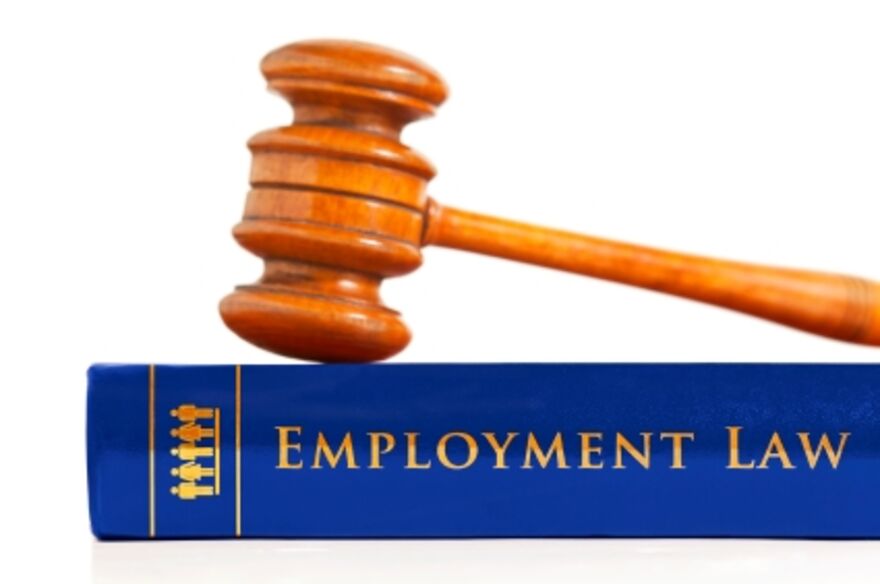The EAT has upheld the Tribunal’s decision that Uber drivers are ‘workers’ under the Employment Rights Act, the National Minimum Wage Act and the Working Time Regulations. In doing so, the EAT confirmed that the Tribunal was entitled to look beyond the contractual documentation which described drivers as self-employed.
Background
Uber operates a smartphone app which passengers can book a taxi through. Once a request from a passenger is received, Uber allocates the trip to one of its drivers who had the app switched on to indicate they were available to accept a fare. The app gives the driver 10 seconds in which to accept the fare before it searched for another available driver. If a driver did not accept a fare within the allocated 10 seconds, the driver received warning messages which could lead to the driver being blocked or suspended from the app. Drivers are expected to accept at least 80% of requests and would suffer a penalty if they cancelled a trip.
Uber’s Arguments
Uber argued that the drivers were self-employed on the basis that the drivers were under no obligation to switch the app on (and therefore were not required to report for work); the drivers were under no obligation to accept a fare; drivers could cancel a fare; drivers could work for others including competitors; the contractual relationship was between the driver and the passenger as detailed in the agreement entered into between the driver and the passenger; and the terms of engagement between Uber and the driver were inconsistent with what is recognised as a ‘Worker’.
Decision
The EAT dismissed Uber’s appeal upholding the Tribunal’s decision. The EAT held that Uber drivers were Workers within the meaning of s.230(3)(b) of the Employment Rights Act 1996 and by extension the legislation under which the drivers claims were brought.
The EAT rejected Uber’s arguments holding that the drivers were Workers and that the Tribunal was correct to apply Autoclenz Ltd v Belcher and look at the reality of the situation.
Following the decision, Uber drivers are entitled (amongst other rights) to 5.6 week’s paid annual leave; a maximum 48 hour average working week; rest breaks; the protection of the whistleblowing legislation and to be paid the national minimum wage.
COMMENT
Hannah Pryce comments: "This case is one of the many recent high profile cases before the Courts at the moment regarding employment status. Due to the ramifications of the decision (mainly that Uber will have to pay its workers the national minimum wage and holiday entitlements) the decision is likely to be appealed. Therefore, this is a case that will be followed with great interest. It serves as a reminder that Employment Tribunals will look behind the contractual documentation between the parties and base decisions on the reality of the relationship. It also presents the modern Gig Economy with further challenges, challenges which the Taylor Review may or may not in truth resolve any time soon ”
© Howes Percival LLP




